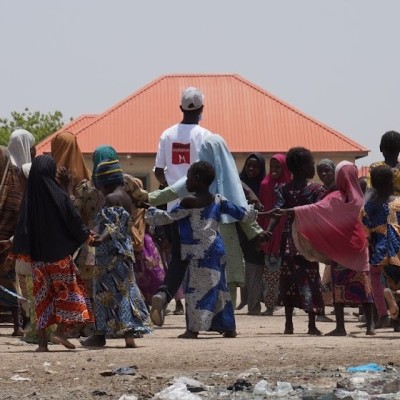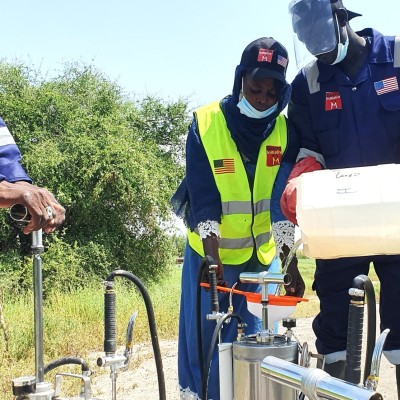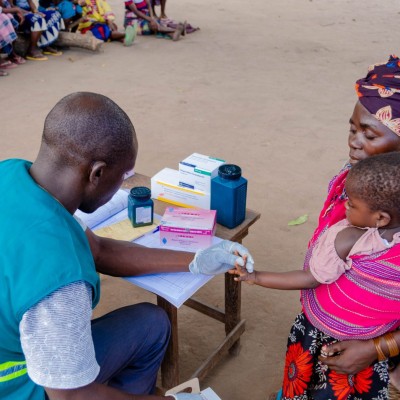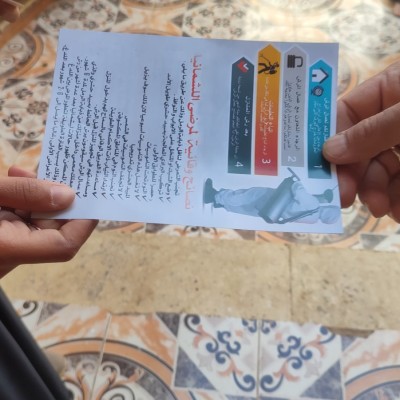Tippy Taps are a simple hand washing solution that is used within the water, sanitation and hygiene toolkit. Tippy Taps are a cost-effective way to improve handwashing, especially in areas with limited access to water and sanitation infrastructure.
A Tippy Tap is a hands-free handwashing station made using locally available materials such as jerry cans, ropes and sticks. It operates on a simple mechanism where a container filled with water is suspended on a structure, allowing the user to tip it with their foot to release a flow of water.
This hands-free operation minimises the risk of contamination and encourages regular handwashing.
MENTOR has been working with local artisans and craftsmen to improve tippy tap design. They are still low cost but are more robust and can last longer with minimal to no maintenance.
One of the key advantages is their adaptability to diverse contexts. They can be easily constructed and maintained by community members, creating a sense of ownership and sustainability. The use of local materials ensures that Tippy Taps can be customised to local contexts making them affordable and easy to build.
In some areas the availability of clean water may be limited, posing a barrier to the consistent use of Tippy Taps. The use of soap may also be a challenge, in which case ash is used for handwashing. Community engagement and behaviour change may be necessary to ensure the proper usage and maintenance of Tippy Taps in the long term.
MENTOR often incorporates Tippy Taps into our hygiene promotion activities, particularly where access to traditional handwashing facilities is limited. By promoting the use of Tippy Taps, communities are empowered to adopt and practise regular handwashing as shown in northern Mozambique and in our Angola programmes.
This is critical to prevent diseases transmitted through the faecal-oral route, such as certain neglected tropical diseases and waterborne diseases.








